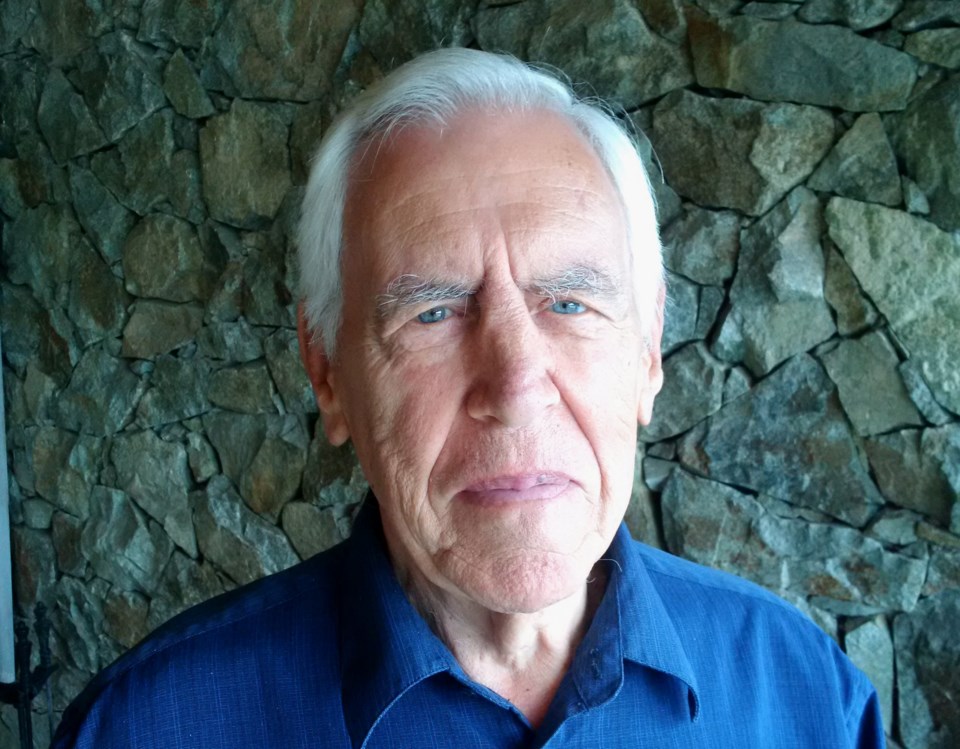 Sometimes people cannot forgive. Think of those who lost loved ones or suffered in the Holocaust. Think of someone who was sexually abused as a child; or if the offender has shown no remorse or made no appropriate efforts to make amends for the offence. Forgiveness is not the required response. At the same time, we are urged by our scriptures and by Jesus’ explicit teaching to love our enemies. Can love withhold forgiveness?
Sometimes people cannot forgive. Think of those who lost loved ones or suffered in the Holocaust. Think of someone who was sexually abused as a child; or if the offender has shown no remorse or made no appropriate efforts to make amends for the offence. Forgiveness is not the required response. At the same time, we are urged by our scriptures and by Jesus’ explicit teaching to love our enemies. Can love withhold forgiveness?
According to the Bible and Jesus’ teaching, yes, it can. Love must be unconditional but forgiveness is not always required by love. After the Second World War the allies did not forget or forgive the atrocities of the Holocaust but they cared about the wellbeing of ordinary Germans and created the Marshal Plan to help their recovery from the war.
In the Bible, God is shown as loving people with unconditional love which at the same time calls for them to return to keeping the laws of love and restorative justice. God’s love continues even when our repentance is not forthcoming. But God’s forgiveness does not come unless there is honest repentance. Jesus began his preaching ministry saying “Repent and believe in the good news.”(Mark 1:15) Repentance is the condition for forgiveness that does not condition God’s unconditional love.
A friend recently told me of a couple of his acquaintances who are consistently unfair and untruthful in their business practices with employees and customers. My friend marvelled that they insisted they were good Christians. They explained that they were counting on making appropriate confessions at the latest possible moment of their lives with total assurance that they would be forgiven by God’s unconditional love. This view of God’s love mocks the being of God, “to whom all hearts are open, all desires known, and from whom no secrets are hid”. When we repent the repentance has to be honest or it is not repentance at all.
Forgiveness can be extremely complicated. I once counselled a man who said his life was tormented by his continuing resentment and painful memories of how his father had abused him. His father was deceased but the son was still tormented because he could not forgive his father as he thought he should. He felt guilty about it. He needed to forgive himself and be relieved of the obligation of forgiving his father and he needed to hear that he could still love his father and trust that God would love his father and deal with the father’s abusive history in God’s own way, whatever that was.
Jesus told a parable about an unforgiving servant who was forgiven a huge debt and then went and threw a fellow servant into debtor’s prison when he could not repay him a much smaller debt. The story concludes with the strong statement of God not forgiving those who do not treat others as they wish to be treated themselves. (Matthew 18:23-35) The command of love is unconditional but forgiveness has the condition of honesty and justice.
The Lord’s Prayer asks for forgiveness of our sins with the condition that we treat others as we wish to be treated. ”Forgive us our trespasses as we forgive those who trespass against us”. Love is unconditional. Forgiveness is loving when it meets the standard of truth and justice.
 Paul Newman is a retired minister of The United Church of Canada
Paul Newman is a retired minister of The United Church of Canada
You can read more articles on our interfaith blog, Spiritually Speaking, HERE
* This article was published in the print edition of the TImes Colonist on Saturday, November 23rd 2019
Photo by Lina Trochez on Unsplash


